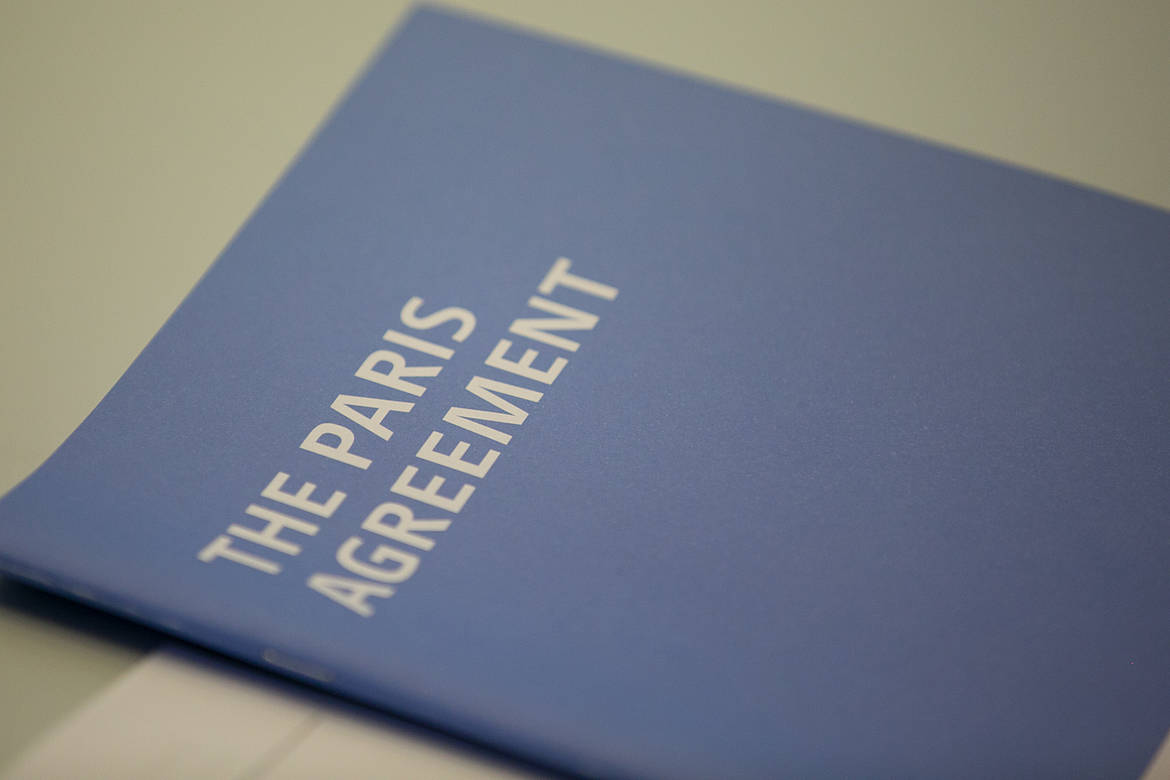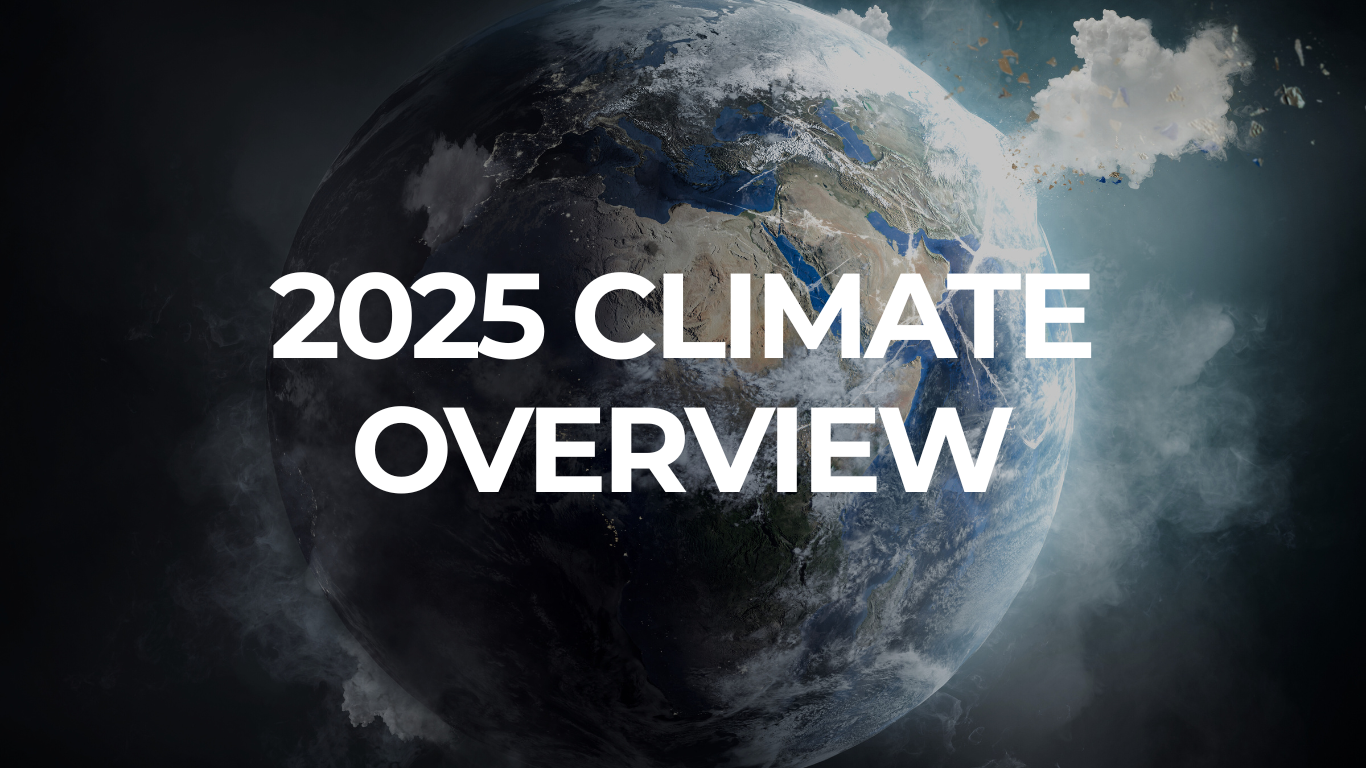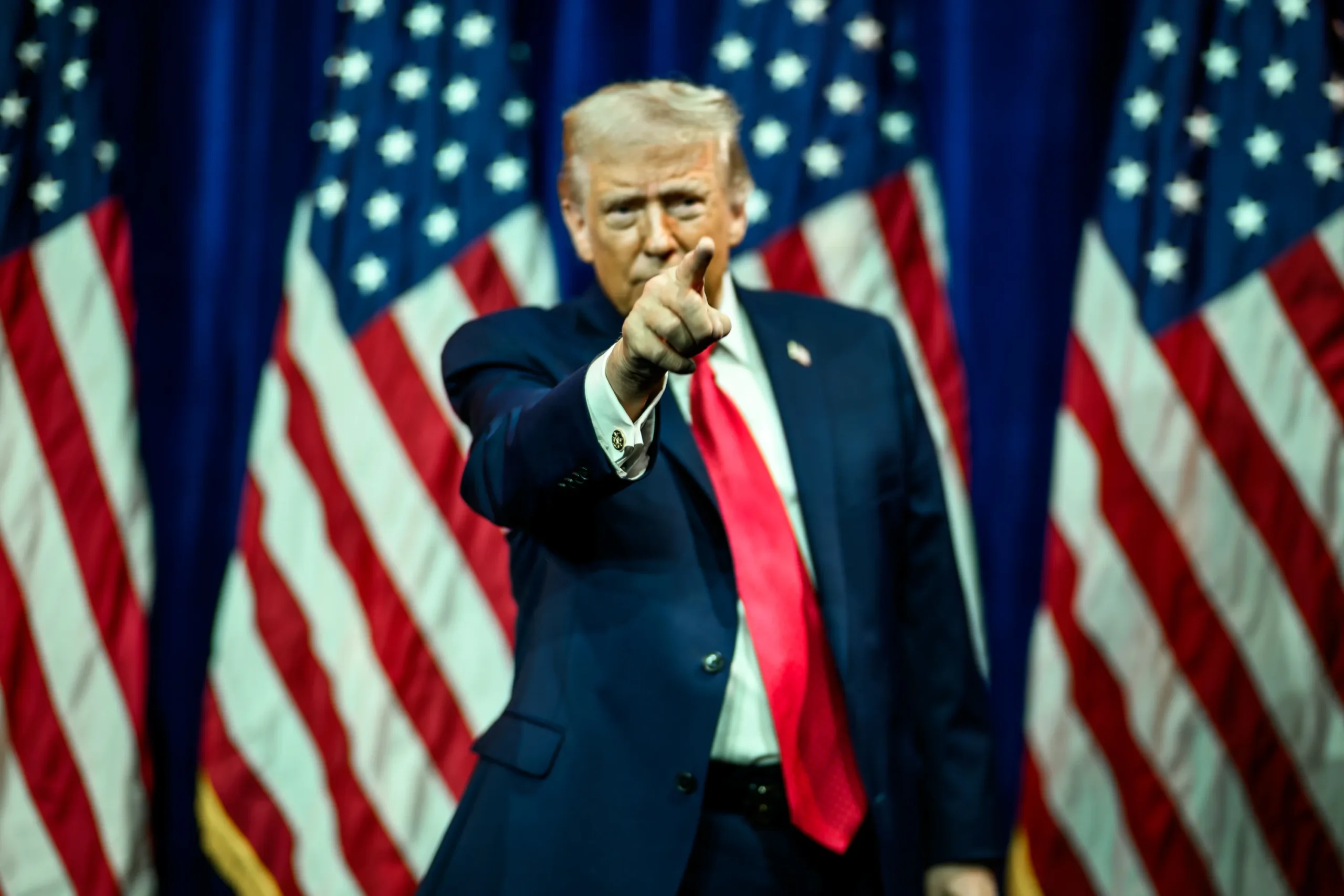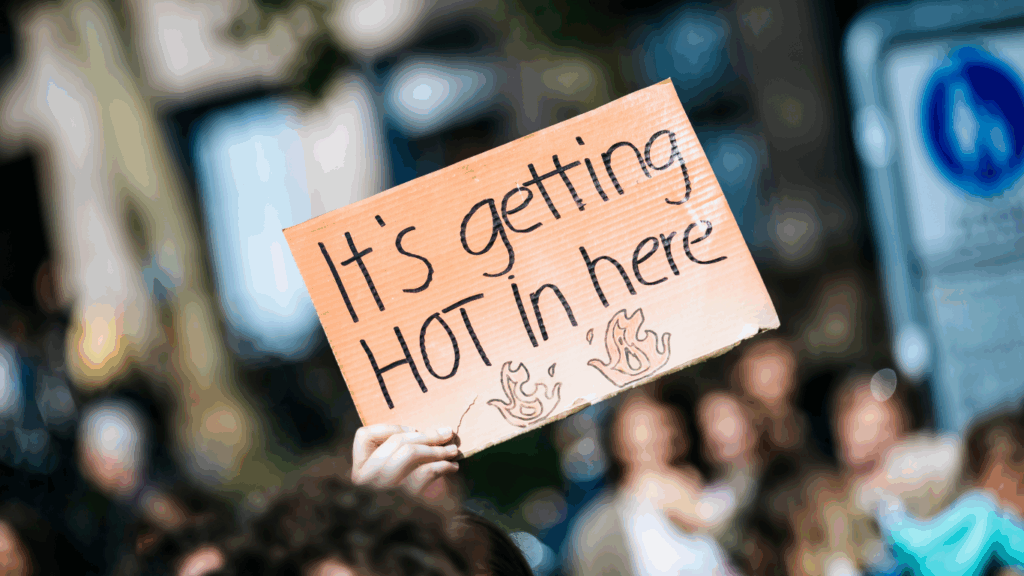It’s that time of the year again. The June UN Climate Change Conference is approaching. The German city of Bonn, headquarters of the UN Climate Change secretariat, will host the 62nd sessions of the Subsidiary Bodies of the UN Framework Convention on Climate Change (UNFCCC), also known as SB62.
From 16 to 26 June 2025, the intersessional meetings take their name from the fact that they are held between COPs or conferences of the Parties (country members of the Conventions); in this case, between COP29 in Baku, Azerbaijan, last year and the upcoming COP30 in Belém, Brazil in November.
The SBs (the conference’s short name) meeting is an important moment in the global climate calendar. These are more technical and less political meetings, and fewer participants attend. For example, around 54,000 attended COP29 in Azerbaijan last year, while around 6,500 attended last June’s SBs.
What Are the Subsidiary Bodies?
The Subsidiary Bodies, whose meetings are held at the SBs, are the technical and implementation engines of the UNFCCC process:
- SBSTA (Subsidiary Body for Scientific and Technological Advice) reviews scientific and technological developments relevant to climate action.
- SBI (Subsidiary Body for Implementation) monitors how well climate agreements are being implemented on the ground and supports capacity-building efforts.
They meet twice a year in May or June in Bonn and in November or December at COPs. The June sessions in Bonn are especially important for shaping the decisions to be finalized at the annual COP conferences.
What’s on the Agenda for SB62?
The sessions at SB62 in Bonn will focus on several key areas that will influence climate policy and action for years to come:
- Article 6.2 Mechanisms: Countries will continue to negotiate cooperative approaches, including carbon markets, to implement their climate targets under the Paris Agreement.
- New Collective Quantified Goal (NCQG) on Climate Finance: Negotiators will work toward defining a new global climate finance target that supports developing countries with predictable and equitable funding.
- Transparency and Accountability: Delegates will assess progress on countries’ first Biennial Transparency Reports (BTRs) and share best practices for reporting emissions and tracking support.
- Just Transition: Dialogues will explore how to establish global frameworks for a fair and inclusive energy transition that accounts for local realities and promotes international solidarity.
- Global Goal on Adaptation (GGA): Operationalising this key component of the Paris Agreement will be a priority, especially ahead of COP30.
- Action for Climate Empowerment (ACE): A critical space for advancing education, public awareness, and capacity-building.
- Gender and Climate Change: Progress under the Lima Work Programme and its Gender Action Plan will be reviewed, with a focus on actionable outcomes and improved implementation.

To stay up to date about the technical discussions and the negotiations, visit IISD website and subscribe to their newsletter, Earth News Bulletin.
The Role of the COP Presidency – Brazil and COP30
As the incoming Presidency of COP30, Brazil plays an active role during SB62 in Bonn to begin shaping both the political agenda and the operational planning for the November conference in Belém. Substantively, the Brazilian Presidency will use SB62 to host informal consultations, bilateral meetings, and thematic dialogues that help define the priorities and tone of COP30. This includes championing topics such as nature-based solutions, adaptation, and climate finance.
From a logistical perspective, it is common practice that the SBs serve as a platform for the upcoming presidency to present updates on COP planning, including venue readiness, accommodation, visa processes, and sustainability measures for the host city. For that, the presidency normally hosts a physical booth at the venue and a specifically dedicated briefing to Parties and observers.
Visis the COP30 official website.
Non-Party Stakeholder Action – High-Level Champions and the Marrakech Partnership
Outside the formal negotiation rooms, the SBs are also a vibrant hub of climate action led by non-Party stakeholders. The UN Climate Change High-Level Champions and the Marrakech Partnership for Global Climate Action play a key role in organising events, publishing progress reports, and fostering collaboration across sectors. Their work helps bridge the gap between government negotiations and real-world implementation by showcasing commitments and progress from cities, regions, businesses, investors, and civil society.
Visit the High-level Climate Champions website for updates and a detailed agenda.
Who Attends the Bonn SB62 Conference
The SBs bring together a diverse array of participants who play different roles in the climate negotiations. Official delegations from the 197 Parties to the UNFCCC—including countries and regional economic integration organizations—are at the core of the process. In addition, observer constituencies representing a broad spectrum of society participate to inform, influence, and support climate action.
These include environmental NGOs (ENGOs), business and industry groups (BINGOs), Indigenous Peoples Organizations (IPOs), local governments (LGMA), women and gender groups (WGC), trade unions (TUNGOs), youth organizations (YOUNGOs), and research and academic institutions (RINGOs).
Each constituency plays a crucial role in bringing forward evidence, local perspectives, and policy ideas. While they do not negotiate directly, they contribute through submissions, interventions, side events, and meetings with Party delegates. The SBs are a space where dialogue between governments and civil society is not only welcomed, but structurally integrated into the process.
Who Participated in Last Year’s SB60
| Category | Participants SB60 |
| Parties | 2,742 |
| UN Secretariat & Bodies | 237 |
| Specialized Agencies | 100 |
| Intergovernmental Organizations | 137 |
| Non-governmental Organizations | 1,879 |
| Global Climate Action | 86 |
| Temporary Passes | 1,147 |
| Media | 138 |
| Other (technical/support/security) | 1,106 |
| Total Participation | 6,572 |
Observer delegates represent organizations accredited to the UNFCCC and are grouped into nine official constituencies: Environmental NGOs (ENGOs), Business and Industry NGOs (BINGOs), Indigenous Peoples Organizations (IPOs), Local Governments and Municipal Authorities (LGMA), Women and Gender Constituency (WGC), Trade Union NGOs (TUNGOs), Youth NGOs (YOUNGOs), Research and Independent NGOs (RINGOs), and Farmers and Agricultural NGOs.
These constituencies ensure diverse stakeholder voices are included in the climate negotiations. While observers do not have negotiating power, they influence the process through formal interventions, participation in workshops, hosting side events, and engaging directly with Party delegates.
View a photo gallery from a past SB session
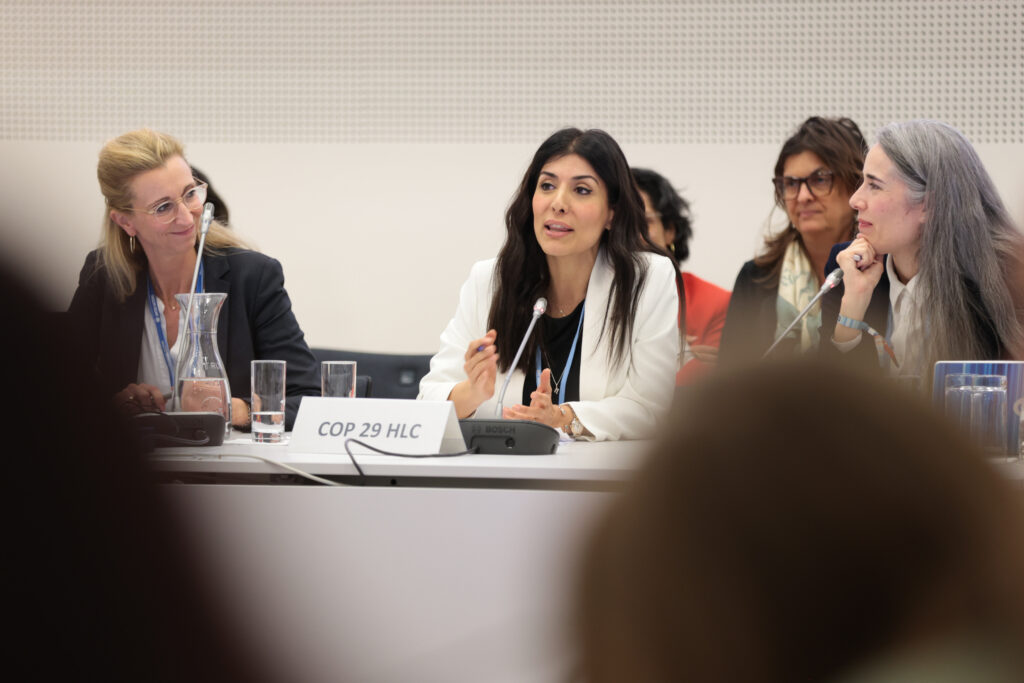
Press Accreditation for SB62 in Bonn is Open!
Media accreditation is now open and is only available via the UNFCCC Online Registration System (ORS). Accredited journalists will have access to key events, press briefings, and high-level discussions. See updates here.
For full details: UNFCCC Accreditation Portal
Why SB62 Matters for Communicators
While much of the focus in climate reporting goes to COPs, watching and engaging with what is happening at the mid-year SB meetings is part of the groundwork for a successful COP to develop clear, consistent, and strategic communications. For those working in climate communications, policy advocacy, or sustainability strategy, SB62 is an opportunity to:
- Track emerging narratives and technical developments.
- Connect with negotiators, experts, and other communicators working ahead COP30.
- Identify communication opportunities that help simplify and amplify complex topics such as decarbonisation, adaptation, finance, carbon markets or transparency, gender, indigenous people, climate education or youth.
At 10 Billion Solutions, we’ve supported previous editions of the Bonn meetings, including event moderation by Mariana Castaño Cano, and strategic communications support for a wide array of partners. Our work has included content production, media training, and storytelling strategy around key sessions.
Discover the work we do here.


